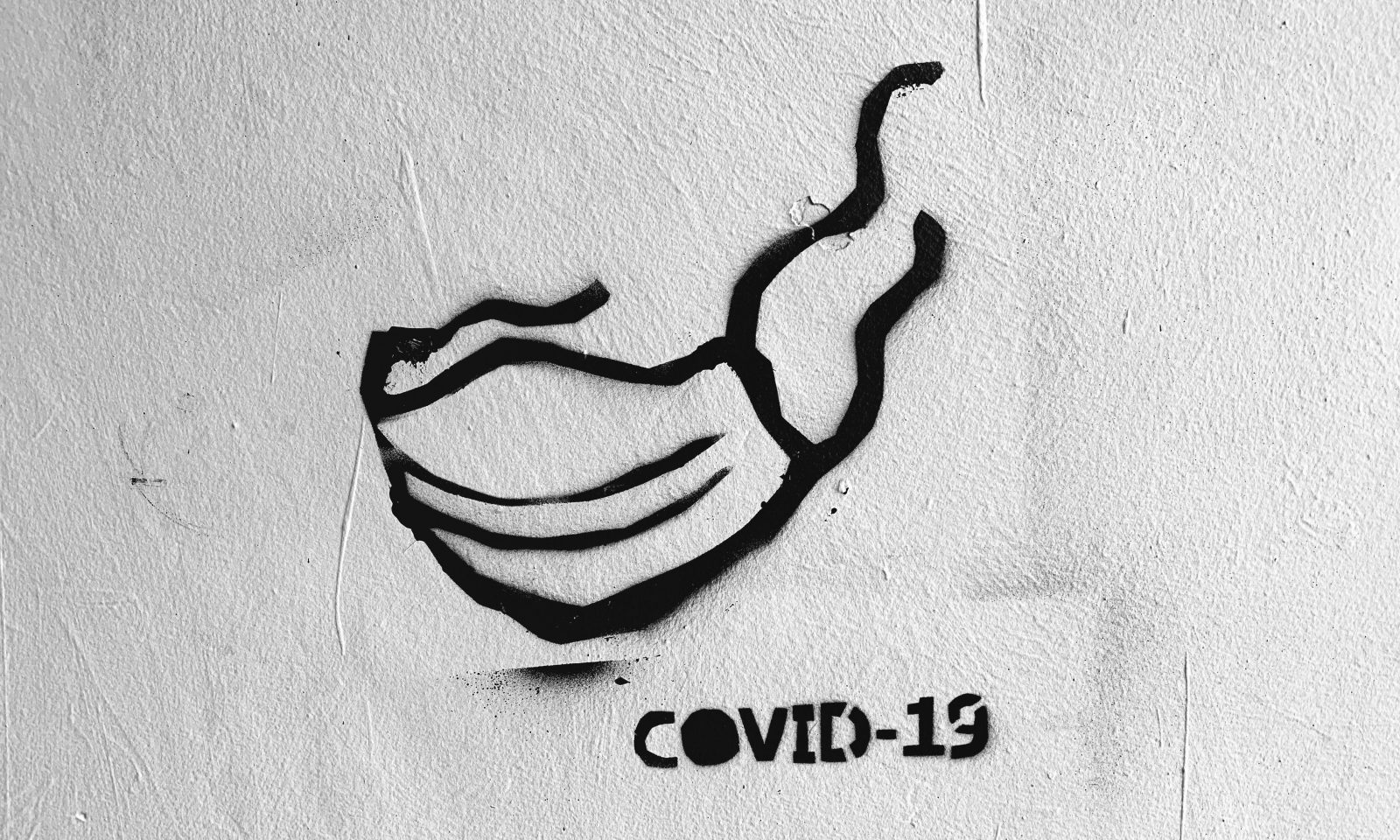Extraordinary conditions show the necessity for fast and good implementation of the new Directive
While the world is still shaken by the new coronavirus crisis, in some EU Member States, the implementation of the new EU Directive 2019/790 on copyright and related rights in the Digital Single Market is well underway. Despite the current state of emergency, it is still of utmost importance that the interested stakeholders take part of the implementation process to ensure the best possible implementation.
The need for fast implementation of the new Directive has recently been emphasised by different stakeholders, including authors, as well as researchers, educators and libraries and other cultural heritage institutions.
Recently, for example, SAA called for the implementation of the new Directive as soon as the COVID-19 crisis passes, so as »to help authors to be able to continue to create in a better legal environment«. In doing so, they advocated foremost for implemetation of Article 18 of the new Directive, which provides for appropriate and proportionate remuneration.
Over the past few weeks, education has moved online, which clearly demonstrated the importance of copyright exceptions and limitations for education. The new Directive regulates the educational exception in its Article 5. It is of crucial importance that the exception is implemented in a way which enables beneficiaries different type of uses: from making available to the public to 3D printing, scanning etc. The new educational exception should cover all works and other subject matter and should cover all uses to the extent needed (current coronavirus situation is just showing how wrong it is to exclude certain materials, such as textbooks, from the scope of the exception and to a priori limit the scope of the uses). If the new educational exception is really to serve the ones it was intended to, then it should be open to all users, and not be limited solely on educational establishments and teachers and/or students. To achieve the goal of cross-border digital education, it is crucial that the exception is not conditioned to certain venues (e.g. the premises of the school), but covers any physical locations (museums, libraries, arquives, the premises of an NGO, a theatre/cinema, etc.), and that it enables cross-border teaching where multiple educational institutions from different Member States are included. In addition, Member States should establish a legal framework that prevents the contract or technological derrogation of the exception. See also Communia Guidelines for Implementation of Article 5 and LIBER Guidelines on new copyright limitations and exceptions for educational purposes.
For researchers and research institutions working in the field of Big Data, Machine Learning and Artificial Intelligence, the Text and Data Mining (TDM) exception from Article 3 of the Directive is the most important one. It will be crucial that implementation provides to all beneficiaries legal mechanisms that prevent rightsholders from being able to prevent TDM by way of technological protection measures (TPMs). The TDM exception should enable beneficiaries to remove any potential TPMs within the time frame of 72 hours. Quick access to data is one of the most important aspects of TDM and if it is not provided for, this renders void the researchers’ rights under the exception. In order to achieve the purpose of the TDM exception, researchers must be enabled to perform TDM on analogue digitised materials through distant access, as well as to easily share the results of the TDM with others. National legislations should also expressly provide for TDM of computer software. See also Communia Guidelines for Implementation of Articles 3 and 4.
For good implementation of the new Directive, it is important that the exception for Out of Commerce Works (OOCWs) is implementded as well (Articles 8 through 11 of the new Directive). For the purpose of cultural heritage preservation it is crucial that Cultural Heritage Insitutions (CHIs) can successfully tackle technological, financial and copyright obstacles. Slovenian copyright legislation (ZASP) already provides for some solutions: for public archives, libraries etc. are allowed to reproduce limited quantities of copyrighted material under Art 50 ZASP, Art 49.b ZASP allows for making available to the public on public screens at the premises of archives, libraries etc., and reproduction and making available to the public of orphaned works is also allowed under Art 50.a ZASP. However, it is important to be aware that the existint solutions are insufficient and that implementation of broad and clear OOCWs exception is essential in order to ensure greater accessibility to works from CHIs’ collections. See also Communia Guidelines for Implementation of Articles 8 through 11.
The Grand Board of the European Union Intellectual Property Office (EUIPO) finally ruled that the figurative sign ‘COVIDIOT’ cannot be registered as an EU trademark.
The 4th Open Knowledge Day took place on Tuesday 17 October 2023, with an accompanying workshop on 18 October 2023. This year it was organised by the Open Data and Intellectual Property Institute (ODIPI) and supported by Knowledge Rights 21 (KR21).
We invite you to the fourth Open Knowledge Day and the workshop, which will take place this year within the framework of the programme and with the support of Knowledge Rights 21. The event will bring together experts from different European countries to discuss two topics: the first part will deal with the legal basis for data analytics, which is a key part of machine learning and related artificial intelligence, and the general exception for research. In the second part, open science in theory and practice will be presented both in Slovenia and in some Western Balkan countries. Representatives of research and educational institutions from Slovenia and the Western Balkan countries, as well as interested members of the public, are invited to attend.
Dr. Maja Bogataj Jančič, a renowned expert in copyright law, has joined the Berkman Klein Center for Internet & Society at Harvard University, where she will serve as an affiliate researcher for the next two years.





